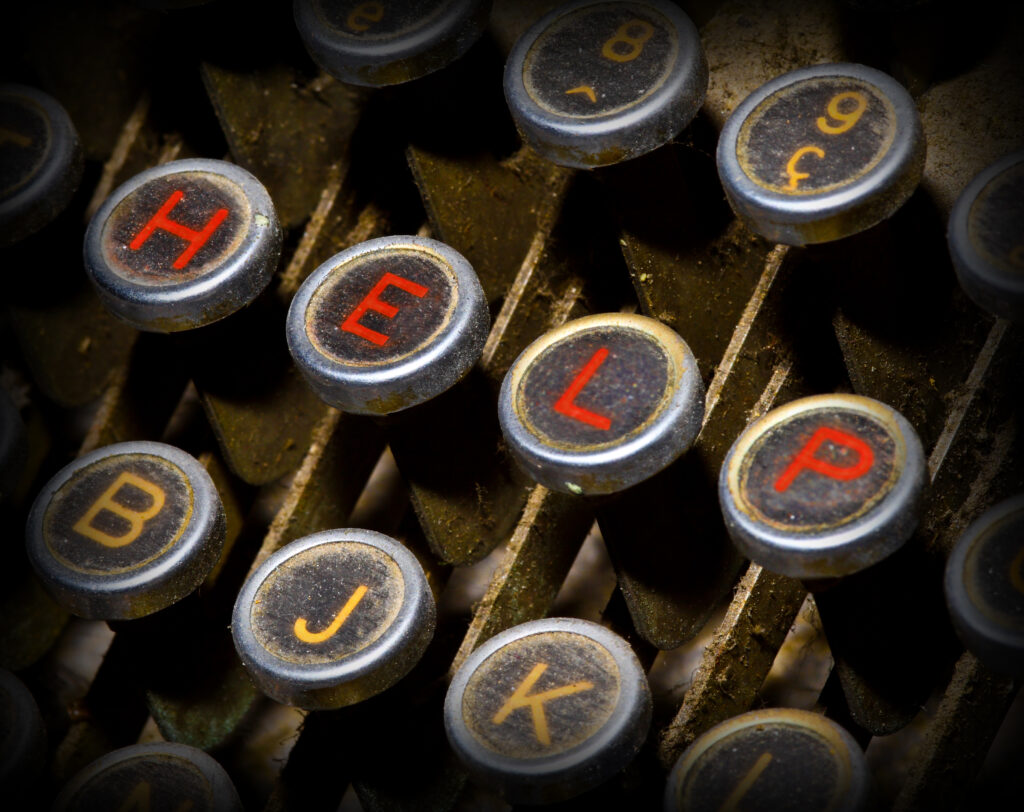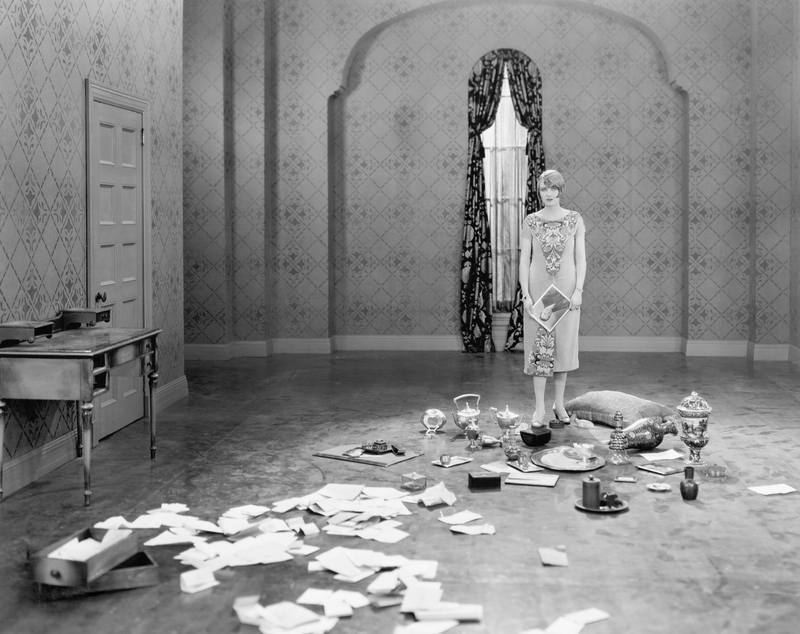Lucy Metzger has the last word in making communication count.

Letter writing 101
Letter-writing came up in a recent discussion with my colleagues in the Glasgow Chartered Institute of Editing and Proofreading (CIEP) group. What really matters if you are writing to someone? I suppose it comes down to one thing: what outcome do you most want?

Sample email 1
<Start of email> Hi,
How much would it be to edit my 120,000-word book?
Regards
<End of email>
<No signature>
Proofreader assessment: If this correspondent really wants my help, they will have to give me a lot more information before I can judge whether my skillset and fees will match their expectations. In addition, how much time do I want to spend asking the questions and waiting for the responses?
Sample email 2
<Start of email with no subject> Proofreader’s assessment: I’m put off by the lack of attention to detail.
<email salutation> Hi there,
Proofreader assessment: My name is not ‘there’. My name is visible in all my contact links. Is a future proofreader not able to work out my name from the links? Why not perhaps say ‘Hi Lucy’ or ‘Hi Ms Metzger’? Or, if they really can’t work out my name, show a little respect? ‘Hi O Wondrous One’?
<email continues> I have a degree in English and want to be a proofreader. Would this be a good idea? How could I get training?
<End of email>
Proofreader assessment: And might they acknowledge that they are asking me to help them? How could they do that?
Anyway, I hope you will all continue to explore correspondence in its many forms, and put your full name on professional things, and figure out the names of people you are writing to. And say ‘Please’ … ‘Thank you’. Also don’t use the word ‘haha’ in professional correspondence. And might they perhaps sign their own full name at the end of the email? I am SO middle-aged! But … you want to be a proofreader? Accountability!
With kind regards from middle age,
Lucy
Lucy Metzger
Editorial Services

Lenzie, 17 September 20
Dear blog-readers,
What comes through the post-flap? Bills, circulars, renewals, – but earlier this year there was a real letter addressed to me by hand. It was from a friend who was taking part in International Correspondence Writing Month by sending a hand-written letter to a different person every day for a month.
I was absolutely delighted, and I have put the letter up where I can see it all the time. Moreover, I have written a postcard in reply.
Evenmoreover, I have found a stamp and have actually posted it. I’ve resolved to take part in InCoWriMo next time – it happens every February.
